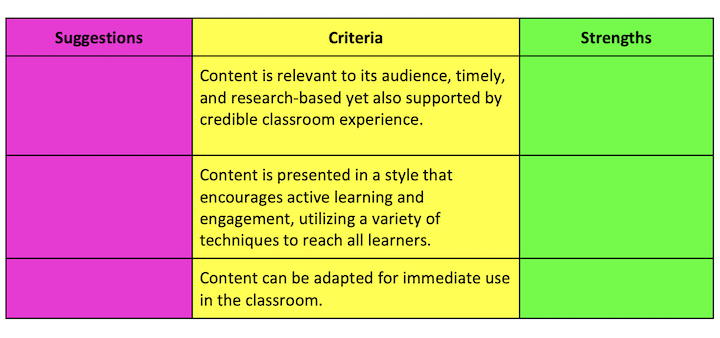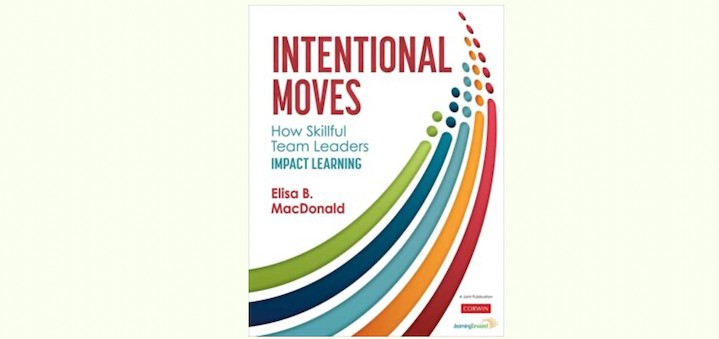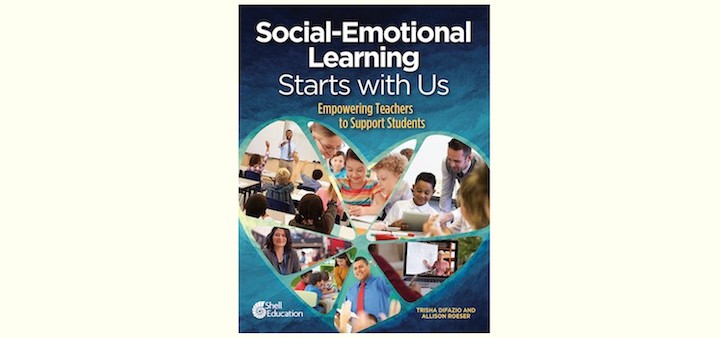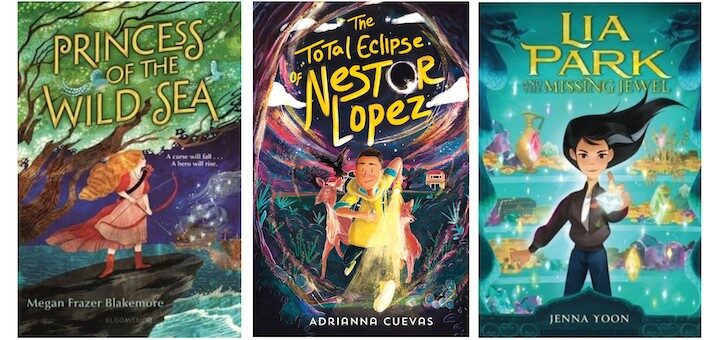Teaching and learning in grades 4-8
The single point rubric – a minimalist, stripped-down version of the standard 4-point rubric – provides efficiency for teachers and is impactful for students because the simplified teacher feedback fosters growth, writes Stephanie Farley. She also shares three grading tips.
The number one frustration Barbara Blackburn hears from educators is TIME! “I just don’t have time to do everything I need to.” Try her seven strategies to cope with constant planning and overflowing calendars. And remember this: perfectionism can be the enemy of completion.
Intentional Moves: How Skillful Team Leaders Impact Learning is a treasure for any educator who coaches, is a team leader, an administrator or spends a significant amount of their time working with professional colleagues, writes adult learning consultant Cathy Gassenheimer.
Taylor Swift is back on stage with her 2023 New Eras tour, rekindling the fervor of her school-aged fans. You can bring Tay Tay to ELA class with ideas from Patty McGee: selecting TS songs to understand a fictional character, analyzing her lyrics in several formats, and more.
As the world becomes increasingly digital, teachers want their STEM students to be comfortable using technology and digital tools skillfully and with purpose. STEM curriculum expert Anne Jolly identifies five specific STEM skill sets and relates them to dozens of current apps.
In Jay Wamsted’s 8th grade math class he chooses to go right for the conversation on race and culture when the opportunity arises. “After all, why not try to know each other a little better?” Learning happens, he says, when students and teacher can be authentic with each other.
Despite misgivings about plagiarism, many educators are excited about the promise of ChatGPT to help students research content-area topics for papers and projects. MiddleWeb’s John Norton shares his “conversation” with the new ChatGPT-4 while researching some family history.
Social-Emotional Learning Starts with Us by DiFazio and Roeser offers SEL stories from educators, experts, and students, along with grade-level activities. The authors not only share their knowledge and expertise, writes consultant Anne Anderson, they share their hearts.
If educators are serious about teaching critical skills and serving the whole child, they need to get serious about SEL education and “make it a core and central organizing principle for middle school programs,” writes teacher, principal and leadership mentor Jason Ablin.
Kasey Short shows how nontraditional fantasy books can be used to address difficult topics, provide real world commentary, counter stereotypes, allow students to see kids that look like them as heroes, and inspire new ways of thinking and imagining. Lots of titles included!








































